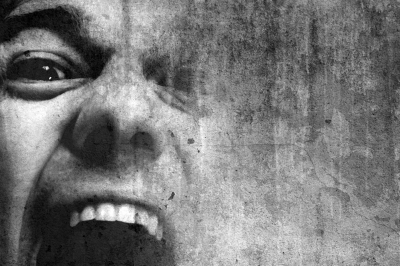No one wants to see their children struggle with developmental issues. However, diagnoses, such as Autism Spectrum Disorder, have skyrocketed since the turn of the century. If your child is diagnosed with a developmental issue, it’s essential to get access to the appropriate services. These services can help your child to learn the skills they will need as an adult. Early intervention is vital. Continue reading
Tag Archives: conduct disorder
What is Antisocial Personality Disorder?
 Antisocial personality disorder (ASPD) is “a mental health condition in which a person has a long-term pattern of manipulating, exploiting, or violating the rights of others.” (Medline Plus, 2012). Persons with ASPD display “a pervasive pattern of disregard for, and violation of, the rights of others that begins in childhood or early adolescence and continues into adulthood” (American Psychiatric Association, 2000). Continue reading
Antisocial personality disorder (ASPD) is “a mental health condition in which a person has a long-term pattern of manipulating, exploiting, or violating the rights of others.” (Medline Plus, 2012). Persons with ASPD display “a pervasive pattern of disregard for, and violation of, the rights of others that begins in childhood or early adolescence and continues into adulthood” (American Psychiatric Association, 2000). Continue reading
Psychodynamic Explanations of Conduct Disorder
 Conduct disorder is typically manifested in a variety of antisocial behaviours such as bullying, stealing, vandalism and cruelty to others. According to Bird (2001), children with conduct disorder also tend to be socially incompetent and lacking in empathy.
Conduct disorder is typically manifested in a variety of antisocial behaviours such as bullying, stealing, vandalism and cruelty to others. According to Bird (2001), children with conduct disorder also tend to be socially incompetent and lacking in empathy.
He further explains that they usually have a “hypersensitive, quasi-paranoid attitude” (p. 58) where they interpret others’ intentions as threatening and therefore react with inappropriate hostility. Regardless of the consequences of their misdeeds, these children do not usually express guilt or remorse. Yet behind their façade of toughness hides a fragile sense of self (Bird, 2001). Continue reading
What is Conduct Disorder?
 Conduct disorder is a disorder of childhood and adolescence involving a persistent pattern of behavior in which social norms and rules, as well as the rights of others, are repeatedly violated. Children with this disorder may be described as cruel, impulsive, aggressive and out to control. The symptoms of the disorder are typically grouped into four main categories according to the diagnostic criteria outlined in the DSM-IV. Continue reading
Conduct disorder is a disorder of childhood and adolescence involving a persistent pattern of behavior in which social norms and rules, as well as the rights of others, are repeatedly violated. Children with this disorder may be described as cruel, impulsive, aggressive and out to control. The symptoms of the disorder are typically grouped into four main categories according to the diagnostic criteria outlined in the DSM-IV. Continue reading


